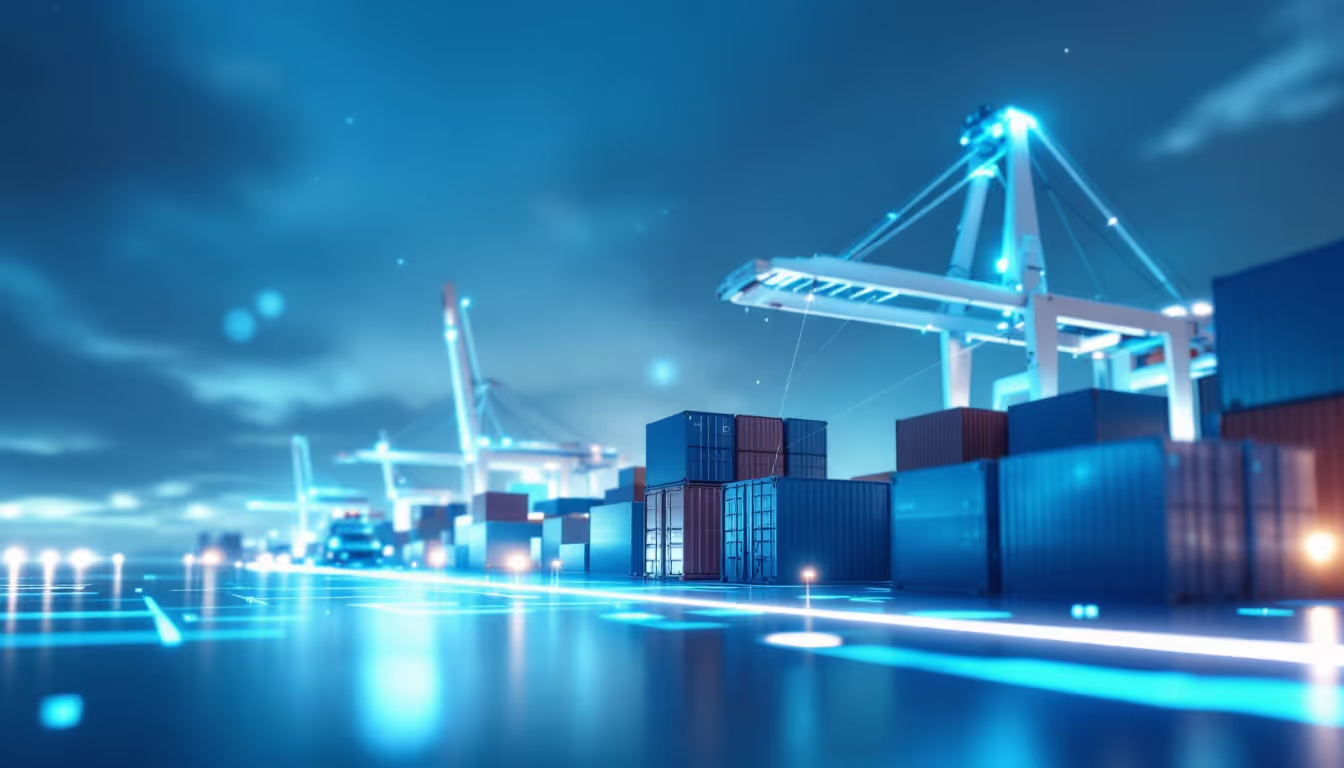Ocean freight invoicing is one of those things that can make or break a business involved in international trade. If you're like me, you've probably lost sleep over hidden charges and currency conversions. But here's the kicker: there's a whole world of tech out there, including crypto solutions, that can help us navigate these murky waters.
The Basics: What You Need to Know
What exactly is an ocean freight invoice? At its core, it's a document from the shipping company laying out all the costs associated with moving your goods by sea. And let me tell you, understanding this thing is crucial if you want to avoid budgetary nightmares.
Now let's break it down a bit. You've got your origin charges—think haulage and handling at the starting point. Then there are ocean charges, which are fees slapped on by the carrier (hello, fuel surcharges!). Destination charges come next; these are just as fun but at the end of your journey instead of the beginning. And don't even get me started on service levels—FCL vs LCL can make a big difference in pricing.
Enter Blockchain and Smart Contracts
Now here's where it gets interesting: blockchain technology could revolutionize how we handle these invoices. Imagine a world where billing errors are virtually non-existent because everything is recorded on an immutable ledger.
Smart contracts—those self-executing agreements coded into existence—could automate so much of this process. Payment only happens when all conditions are met? Sign me up!
The Role of AI and IoT
But wait, there's more! Advanced tech like AI and IoT could further streamline things. Picture this: machine learning algorithms automatically verifying invoices against pre-established benchmarks while IoT sensors provide real-time tracking data.
It sounds almost utopian for those of us who have battled with freight invoices past.
Crypto Payments: The Double-Edged Sword
Now let’s talk about crypto payments for a second—they're kind of like that friend who's super fun at parties but also makes questionable life choices. On one hand, they can speed up transactions and reduce processing fees; on the other hand, price volatility is a serious buzzkill.
If everyone involved agrees on using crypto as payment—and knows what they're getting into—it could be game-changing for compliance issues related to international contractor payments.
Summary: Are We There Yet?
So will these technologies completely eliminate our headaches? Probably not; nothing's perfect after all. But they sure as hell promise to make things easier down the line.
As I sit here contemplating my next move (and maybe having another sleepless night over my freight invoice), I'm cautiously optimistic about what’s around the corner.






